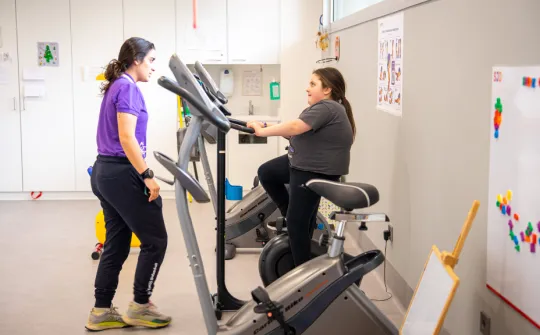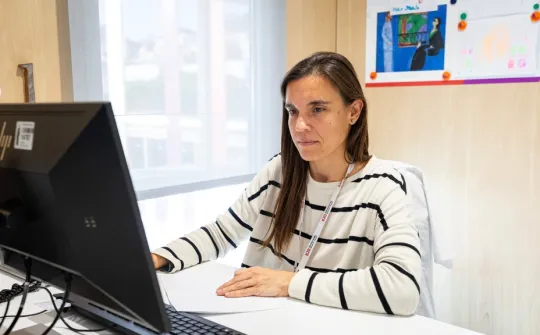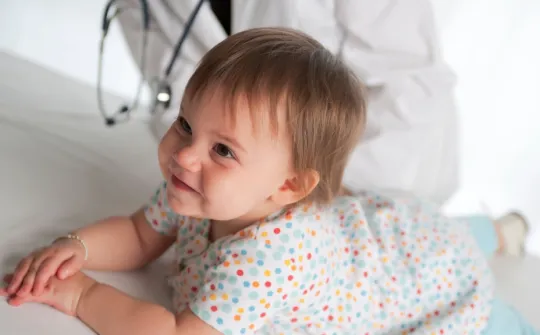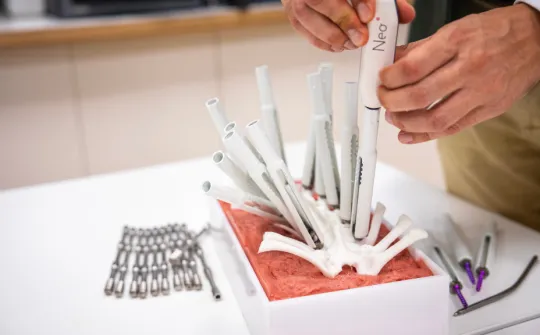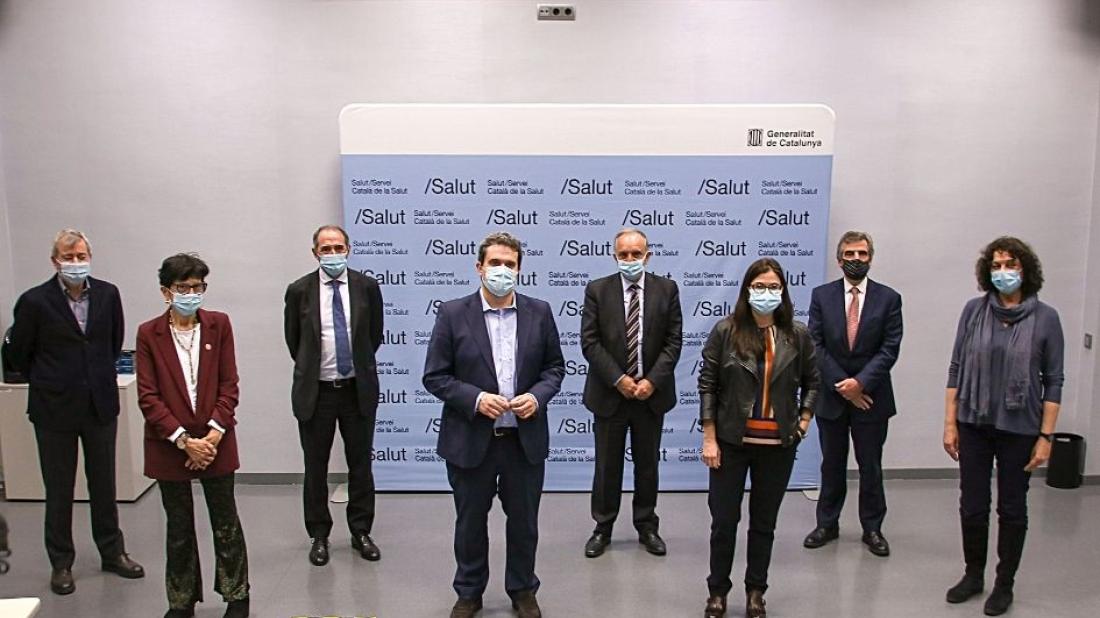
The objective is to have a proton centre within the Catalan public oncology network that allows greater accessibility to all patients who need this treatment.
The Catalan Health System begins work to equip itself with the first public proton accelerator for the treatment of paediatric oncological diseases. The objective is to have a proton centre within the Catalan public oncology network that allows greater accessibility to all patients who need this treatment, both in Catalonia and other autonomous communities. For this reason, Salut has signed a collaboration protocol for the development of the project together with the Hospital Universitari Vall d’Hebron, SJD Hospital Barcelona, the Institut Català d'Oncologia (ICO), Hospital Clínic and Hospital de la Santa Creu i Sant Pau.
Around 200 patients could benefit from this treatment in the first year and more than 250 when it is fully operational, most of them children. According to Dr Manel del Castillo, managing director of the Hospital Sant Joan de Déu Barcelona, "this project is very good news that will consolidate Catalonia as a reference point in childhood oncology in southern Europe".
As explained by Dr Adrià Comella, director of the Servei Català de la Salut, "it is an opportunity for patients and their families, since they will be able to have treatment without having to leave their family environment". The cost of this travel, treatment and exceptional admission represents an average of about 40 thousand euros per case.
Proton therapy is a form of radiotherapy that is currently an important therapeutic tool in multidisciplinary treatment in paediatric oncology. The main benefit in children is the reduction in toxicity and the appearance of second neoplasms, produced by conventional radiotherapy treatments. The clinical results of the irradiation of childhood tumours with this therapy are promising both in terms of the probability of cure, and the improvement in the quality of life of children.
In comparison with other therapies, it has been shown that this is less aggressive and helps to maintain such important functions as intelligence, vision and hearing. This is due to the ability of the protons to be more precise in irradiating the tumour and, therefore, reducing the irradiation in healthy tissues which are close to the tumour. For these reasons, the main scientific societies and many health organisations consider that proton healing has a fundamental indication in the treatment of childhood tumours.
